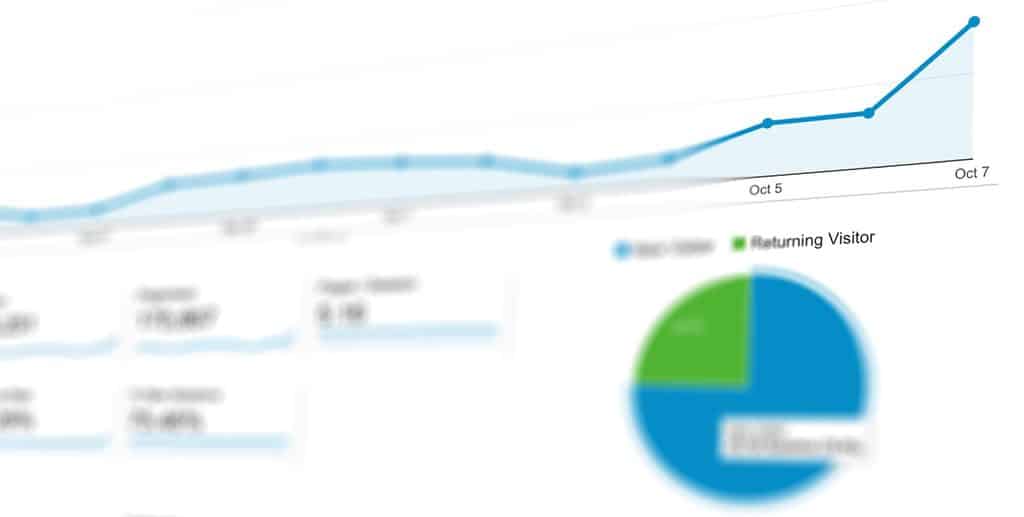No matter how clean a website is, there will be times when some pages have to be removed, changed, or combined. When this happens, the website owner will need to redirect users to the location of the new pages. These redirects can have an impact on SEO, so it’s important to know about 301 redirects for SEO before you make any changes to your website. Here’s a bit about how 301 redirects impact SEO.
What Are 301 Redirects?
A 301 redirect is used when a web page has been moved permanently from its old location to its new one. It differs from a 302 redirect, which tells the browser that the page has been moved temporarily and will be placed back in its original location at some point in the future. Both redirects are important because they don’t leave a website user at a dead end, where there’s no page at all because it’s been moved, and they don’t know how to find it.
For SEO purposes, website owners should use a 301 redirect instead of a 302 redirect, particularly if they have no plans to move the page back to its original location. While there’s very little difference between a 301 and 302 redirect for the user, it does tell the Googlebot to come back and check on that page to see if it’s still temporarily moved. With a 301 redirect, the Googlebot recognizes the move is permanent and won’t need to come back to the old URL to check on it again.
The Impact of 301 Redirects on SEO
The impact of 301 redirects on SEO is mostly positive in that you’re sending the user to the right page, even if they have to go through a redirect process. You don’t lose any SEO rankings for a 301 or 302 redirect, and using a 301 redirect when you permanently move a page is considered best practice. The 300-level redirects keep the Google index up-to-date and don’t cause a dead-end as a 404 status does. In fact, with a 404 status, you will lose rankings for keywords on those broken pages, so it’s to your benefit to use the 301 redirect in these cases.
If you have optimized a page that needs to be moved, the 301 redirect preserves that optimization. The keyword ranking is passed through the redirect from the original page to the moved page so that you do not have to do anything except make sure that the redirect occurs to keep your page’s ranking.
Other Search Engines
The 301 redirect may have a less positive impact on SEO with search engines other than Google. For example, Bing indicates it could take as long as three months for the search algorithm to learn the content on the redirected page and restore your ranking. As such, that will be three months during which your ranking is affected by the redirect. Bing also recommends that a 302 be used for any temporary redirect that lasts a day or less.
Conclusion
The good news is that a 301 redirect doesn’t heavily impact your SEO page rankings, but you should be conscious of using the correct redirect and ensuring your website doesn’t have any 404 dead ends. This will ensure your ranking is passed through the redirect and onto the new page.


